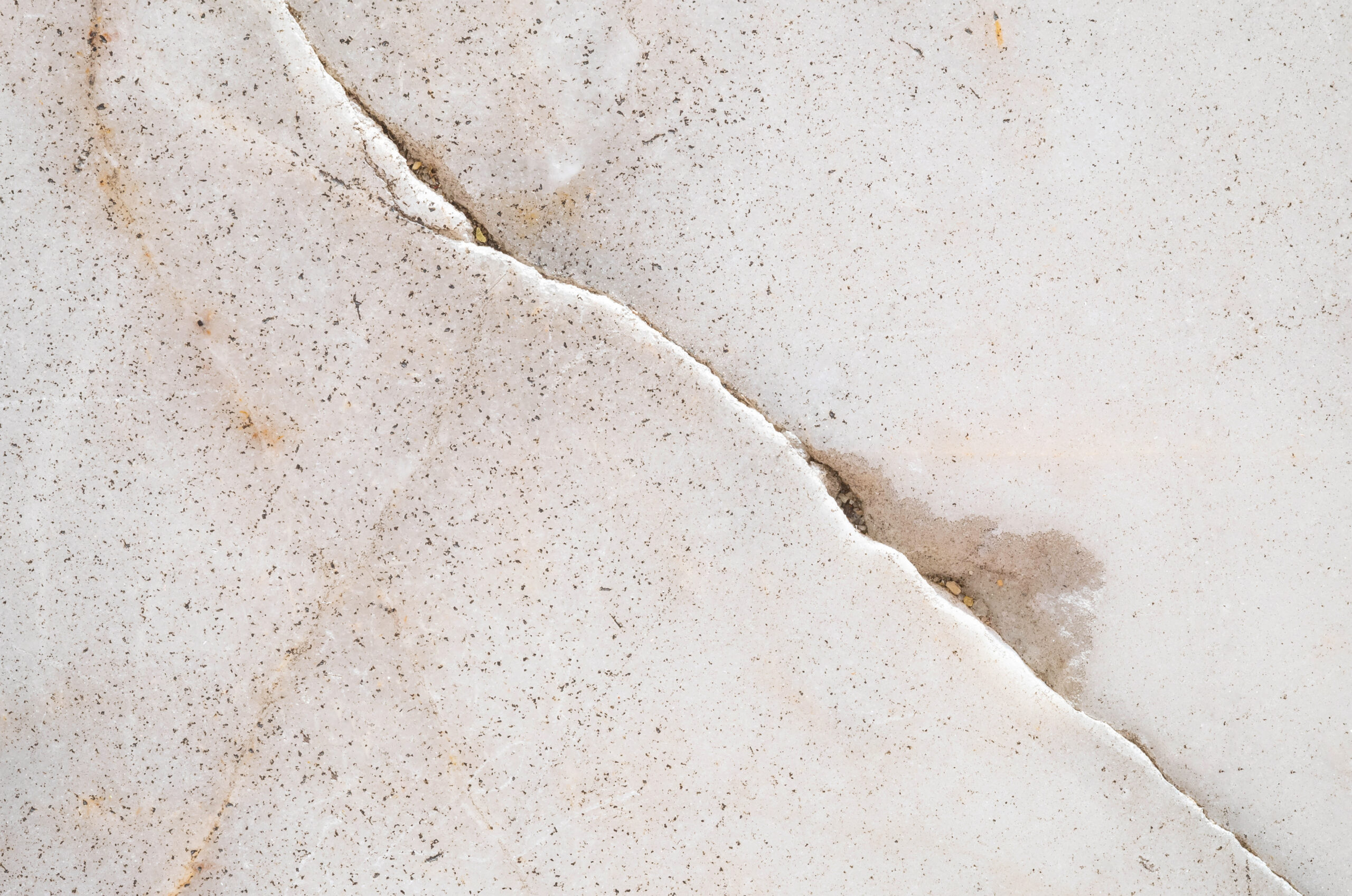
Most homes are built on a concrete slab foundation, with no additional buffer between your home’s ground floor and the earth. So, plumbing often runs directly beneath homes; and if yours is on a slab, then your plumbing system is most likely enclosed in that concrete. As your home and its pipes age, they are subject to degradation – which can cause slab leaks to occur. In this blog, we discuss what a slab leak is, signs of one, and how they should be fixed. Keep reading for more!
What is a Slab Leak?
A slab leak refers to a leak that occurs underneath a concrete foundation. Slab leaks are notoriously easy to miss until significant damage has occurred. If left untreated, they can damage the foundation, floors, and walls of your home. Our experts at Terry’s Plumbing are fully-equipped to identify and repair slab leaks effectively, with minimal damage to your home.
Signs of A Slab Leak
If you have a leak in your roof or your basement, chances are you’ll notice it as soon as you step into the room. But if your home has a slab leak, it can be a little more difficult to detect. Here are some signs to look out for.
- High Water Bill – Pay attention to your water bill. If you have not changed your water use but your home’s water consumption rate has suddenly risen, it’s time to investigate. One way to test for a leak is by turning off all your appliances and plumbing fixtures and watching your water meter. If, after several minutes, it still shows water is being used, you may have a leak.
- Random Pools of Water – If you notice water pooling in a specific area(s) of your home but can’t pinpoint the source, this is another indication you may have a leak. When a slab leaks, water will collect under the slab until it finds an outlet.
- Floor “Hot Spots” – A key indicator of a slab leak is a distinct warm or humid spot on the floor of a room in your home. If a hot water line is leaking in your slab, heat from that accumulated water can transfer to the floor or area(s) surrounding it.
- Reduced Water Pressure – If there is an active leak in your slab, some water flowing through the pipes will escape where it shouldn’t and less will reach where it needs to go. As a result, you may notice the water pressure in your home decrease. So if you notice sudden, reduced water pressure in your faucets or showers when other fixtures aren’t also in use, you may have a slab leak.
Causes of a Slab Leak
Many things can cause a slab leak, especially in older homes, but the four most common causes are:
- Leaking pipes
- Erosion
- Metal corrosion
- Binding from ground movement
How To Fix a Slab Leak
Slab leaks are extremely complicated to repair and should only be addressed by professional technicians. These technicians can diagnose the problem quickly and pinpoint the location of the leak using electronic listening tools and line-tracing equipment. Once the location of the slab leak is isolated, you have several options to repair it.These can range from non-invasive repairs to major, invasive fixes.
- Trenchless Slab Leak Repair – Trenchless plumbing repair to fix a slab leak requires minor demolition. Your contractor will only need to create access holes to do the slab leak repair. They will clean the pipe, place the epoxy pipe liner and inflate it, and then let it cure. The entire process can be completed in a few hours. This is the most non-destructive method available, and isn’t as costly as the traditional methods.
- Re-Piping or Re-Routing – When multiple pipes are involved, plumbers often opt for re-piping. This method entails installing new pipes to create a leak-free system. Re-routing pipes is another option, which requires a bit of demolition. This is the best solution if you only have to replace a small number of pipes. Both repair options may take several days, depending on the efficiency of your contractor and the amount of work needed.
- Tunneling Under the Slab – Most homeowners who want to salvage their expensive flooring choose tunneling as the method of repair. The repair crew will keep the mess out of your home, so you can stay during the repair process. The repair crew will dig working tunnels under your home while making sure the structural integrity of the house is not affected. They will perform the necessary repairs, and then return the soil that was removed.
Contact Terry’s Plumbing
If you believe there may be a slab leak on your property, it’s important to get help as soon as possible. Contact Terry’s Plumbing for water leak detection and repair. We’ll be happy to help!
 (412) 364-9114
(412) 364-9114
